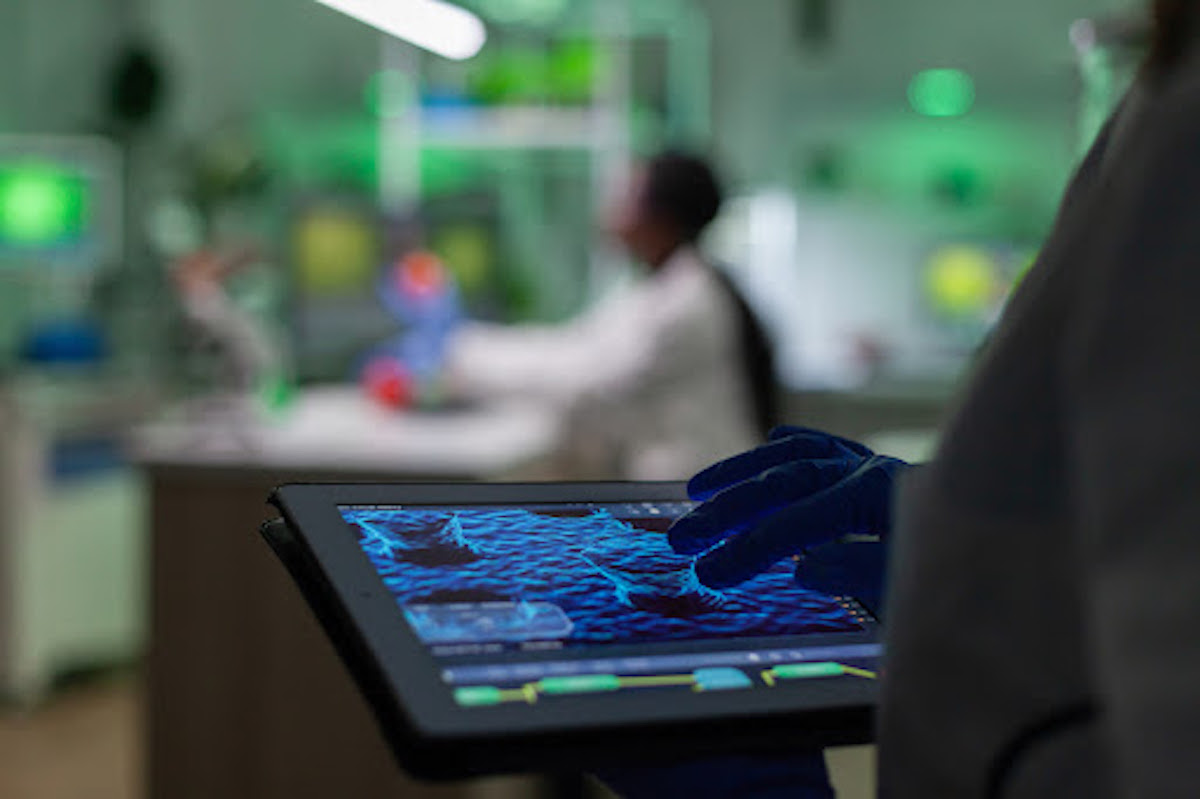Roughly half of the U.S. population now suffers from at least one chronic disease—diseases that kill more than 1.7 million Americans each year and are responsible for 7 out of every ten deaths.
Fortunately, the development of advanced medical technologies can help provide a promising solution: access to personalized health data sets. Not only can detailed insight into your mind and body help you better prevent disease and optimize your health, but it can also help you protect the health of your family for years to come.
Health as a Critical Asset
When it comes to the most important things in your life like your family, career, hobbies, and dreams for the future, there’s one thing that underscores them all: maintaining your mental and physical health. According to the CDC, chronic disease can significantly impact your quality of life, familial relationships, and income.
Today, six out of 10 adults in the U.S. have a chronic disease and four out of 10 have more than one. Of these diseases, the leading are:
- Heart Disease
- Cancer
- Chronic Lung Disease
- Stroke
- Alzheimer’s Disease
- Diabetes
- Chronic Kidney Disease
Having poor health can impact almost all areas of your life. And relying on the broken and reactive healthcare system today can often leave you vulnerable to life-changing and fatal diseases. However, valuing your health as your most important asset should inspire you to invest in preventive and proactive care that can keep you feeling your healthiest for the longest.
Data Informed Care
If you view your health as your most critical asset, data-informed care can help you protect and maintain that asset to the best of your ability. While there are many different approaches to collecting, compiling, and analyzing your health data, below are three main factors to consider.
1. How comprehensive your data set is
The more insight you have into your mental and physical health, the more informed you and your doctor’s decisions can be regarding your care. For example, while it is incredibly helpful to understand your risk for cancer using an early-detection cancer blood test, it’s also helpful to determine if you have any micronutrient deficiencies that are affecting your immunity. Using advanced medical technologies to collect a broader and more comprehensive data set means that you’ll be less likely to miss significant health challenges or risks.
2. How detailed your data set is
While the breadth of your health data set is important, so is its depth. Gaining deep detailed insight in your health can help you achieve a more personalized picture of your unique mind and body. While there are many companies that offer genotyping to uncover certain genetic variants, there is so much more that can be learned from diving deep into your DNA with full-genome sequencing and other genetic tests. Whether it’s calculating your biological age with epigenetic analysis or determining what kinds of pain medications work best for you personally with pharmacogenomics testing, detailed data collection can help you understand your health more deeply than surface-level approaches.
3. How fresh your data set is
Finally, one the most important things you should consider is how fresh your health data set is. While collecting any health insights are beneficial, the more recent these insights are, the more accurate they should be. As you age, you can be faced with new health challenges and risks that you didn’t have or were unaware of before. Investing in consistent health analyses helps you have access to the most reliable and authoritative data sets year after year.
What Your Health Data Set Should Tell You
In a broad sense, there are three key things that your health data set should tell you. Having data-driven answers to these three questions will help you be confident about your health and feel peace of mind concerning your future:
- What is the current state of my health right now?
- What diseases and health challenges am I at risk for in the future?
- What can I be doing to increase my longevity and improve my performance?
Having a comprehensive and detailed health data set does little if you don’t know how to interpret it and make informed decisions to protect your unique mind and body. That’s why at EDISON BIO, we take all the guesswork out of the process for you.
Unlike most other advanced executive health exams, EDISON BIO sends a nurse to your home or office to collect your health samples. Once the data collection and testing is complete, you will meet with a physician online to go over your results and discuss your personalized diet, exercise, and lifestyle recommendations moving forward. You walk away with detailed insight into your mental and physical health and understand what actionable and personalized steps you can be taking to best protect them.
About EDISON BIO
EDISON BIO expands human health potential by providing the most advanced executive health service focused on improving longevity and performance for the highest performing people on the planet. You can learn more about applying to be a member at www.edisonbio.com

